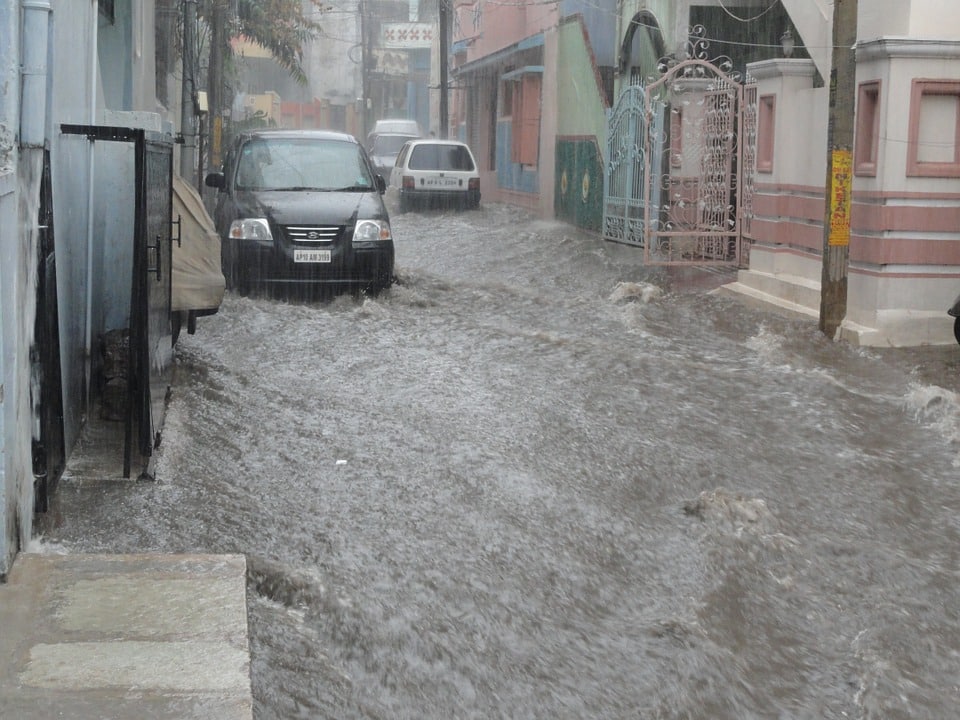Flooding is becoming a more common occurrence nowadays. Many coastal areas are affected by rising water due to global warming and are also vulnerable to hurricanes and tropical storms. For inland communities, heavy runoff in the spring can contribute to flooding from overflowing rivers.
For a homeowner, a flood is one of the most challenging disasters. Not only is their home extensively damaged, but the belongings that remain in the house may be affected as well. The repair process can be extensive, expensive, and exhausting to deal with. As a result, homeowners and their family members have to set aside their work or studies and focus on salvaging what they can from their property.
Aside from the emotional toll and structural damage that flooding can produce there are also many health dangers brought upon by flooding. These side effects can be just as dangerous and damaging as the water damage that’s easy to see. Flooding victims should be attuned to potential health risks and take action before they get out of hand.
Here’s a closer look at the effects of flooding that could compromise health:
- Fuels and oils — Leaked fuel and oils on the road and from submerged vehicles will mix with floodwater. Many residents in flooded areas complained of the stinking smell of gasoline and oil in the environment.
- Reptiles and amphibians — When floodwaters enter your home, they may bring new inhabitants with them, including snakes, lizards, and frogs. When going through your home after a flood, be sure to watch out for new tenants that could be venomous.
- Standing water and mosquitoes — Standing water is a breeding ground for mosquitoes — literally. Mosquitoes lay their eggs in water, so it’s common to find them hanging around areas with stagnant water. Keeping away from these kinds of areas as much as possible is vital as mosquitoes carry dangerous diseases such as West Nile virus and Zika. If you have objects that contain standing water that you can eliminate, like buckets, you should get rid of them before mosquitoes start to gather and breed.
- Backed-up sewer lines — Storm water brought on by torrential rains can enter and overwork old sewer systems, resulting in overflow that fills up the streets and homes. The spillage of raw sewage can result in significant health risks for the community. When cleaning up any sewer-related spillage, homeowners should follow guidelines set up by health organizations to avoid coming into contact with any pathogens or diseases.
- Bacteria — During disasters, lack of ventilation combined with people spending time in close quarters increases the spreading of bacteria, viruses, and parasites. Most of these diseases are a result of people consuming food and water that are contaminated. The best way to avoid spreading diseases is to find ways to separate those who are well from those who are ill and to get prompt medical attention for those in need.
- Mold infestation — Mold loves dark and damp places and can cause many different types of health concerns. When a flood happens, it’s common for homes to be damp for several days before getting the attention they need. After a flood, you should air out your house and remove anything that needs drying, including carpets, drywall, and furniture.
If you live in a flood-prone area, you should make sure that you read and prepare ahead of time in case the worst occurs. Additionally, make sure you look at your flood insurance policies to make sure they cover everything you will need if a flood happens. While there is no way to keep these side effects from occurring, preparing as best as you can ahead of time can help guide your decisions and provide comfort when a flood strikes.

